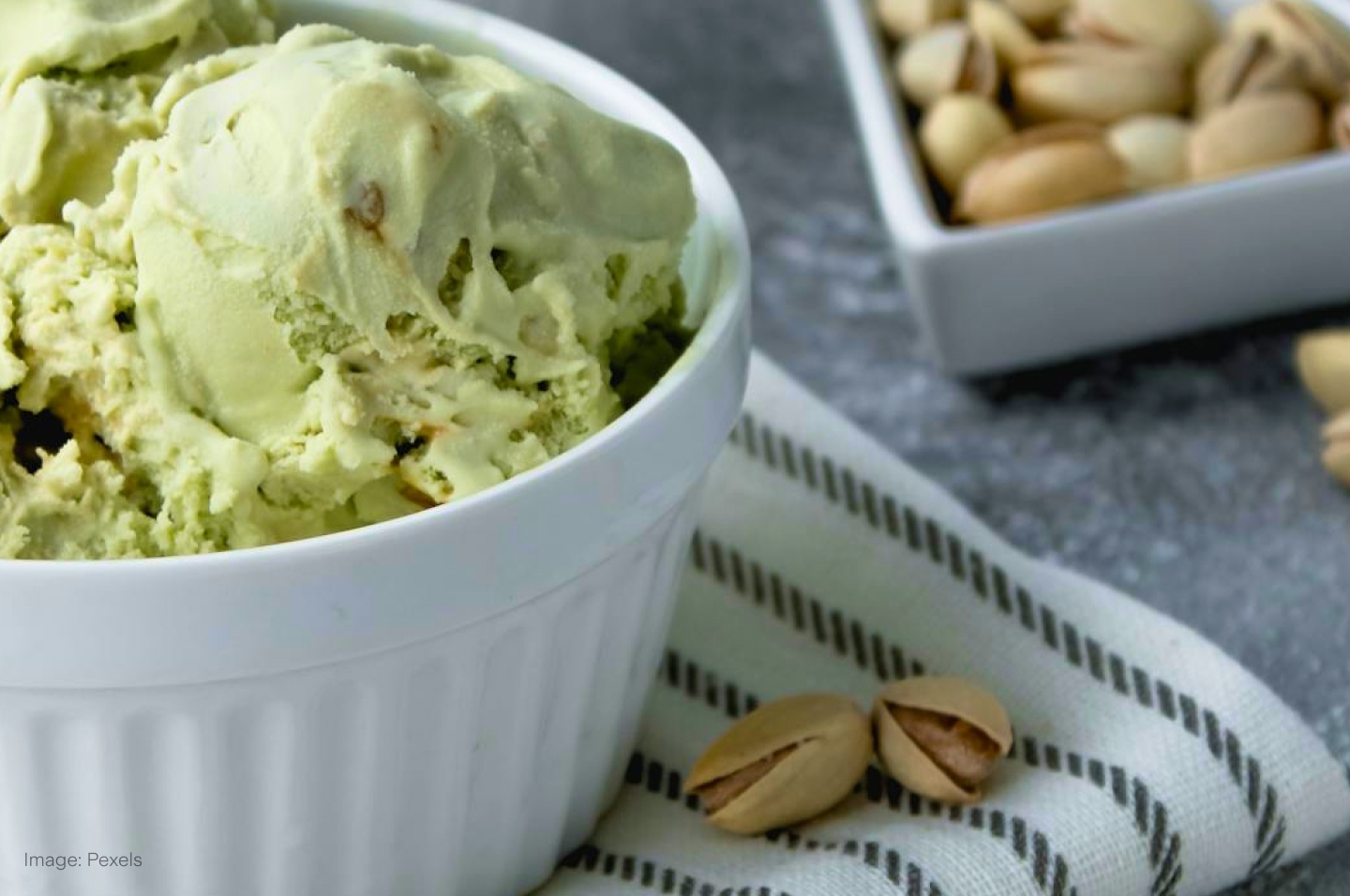
Nuts
Trade flows frequently shift in today’s globalised economy, but they rarely come to a halt. And in the case of pistachios, high demand has seen the industry come out of its shell rather than crack under sanctions.
Walnuts, hazelnuts, chestnuts, Brazil nuts, cashews, almonds, pecans, macadamias, pistachios… there’s no shortage of options when it comes to nuts, which are playing a more prominent role than ever in our diets – not just as tasty and convenient snacks, but due to increased awareness of their health benefits. To keep up with demand, production of tree nuts has nearly doubled from 2008, reaching 5.37 million metric tons in 2023. This market is expected to reach US$1.42t in revenue by 2027.
But one variety has been experiencing significantly stronger tailwinds: the pistachio. While the price of nuts like walnuts has dropped nearly 50% since an all-time high in 2015, pistachio prices have risen for much of the last three decades. With a high nutritional value (pistachios are rich in antioxidants and protein), consumption of the nut has more than tripled in the U.S. since the 2000s.
Traditionally used in Middle Eastern sweets, pistachios became a top food trend of 2023 and are now harnessed much more broadly across the world. The so-called green gold is available as a flavour at many ice cream shops, it’s an ingredient in Starbucks’ ($SBUX) lattes and cold brews, it’s mixed in Disney’s ($DIS) iconic Dole Whips and it’s found in Nestlé’s ($NSRGY) chocolate products. It even goes beyond food and drinks: pistachio is in vogue as an ingredient among fragrance companies.
As farmers have noticed its more profitable yield, global pistachio production has generally increased over the last 15 years. With over 50% of that output, the U.S. is the world’s biggest producer today, followed by Turkey and Iran. That competition used to be much closer before the Iranian Revolution of 1979, which triggered trade sanctions that saw Iran’s market share plummet. To this day, pistachios remain low on the country’s list of biggest exports, with local producers struggling with the impacts of climate change for the water-intensive crop.
Tables later turned on the U.S., albeit temporarily. Its nut producers bore the brunt of the U.S.-China trade war after the Asian giant spiked tariffs on American pistachios from 5% to 45% in 2018. Still, global prices tended to hold up, and Chinese pistachio consumption has more than doubled after those tariffs were reduced. It’s a popular treat during Chinese New Year celebrations, while Europe represents another major market for American exporters. The limited leftovers from last year’s record harvest have reduced worries about a potential oversupply.
The resilience of pistachio prices goes to show that the market tends to correct itself over time and globalisation often provides alternative avenues in the face of roadblocks. Even when trade wars are harmful to the participant states, economists say that other countries stand to benefit. Levels of global trade have shifted up and down over time, but there’s always a keen businessperson seeking opportunity through new trade routes. In the grand scheme of things, some disputes and sanctions are only worth peanuts.

.jpg&w=3840&q=100)